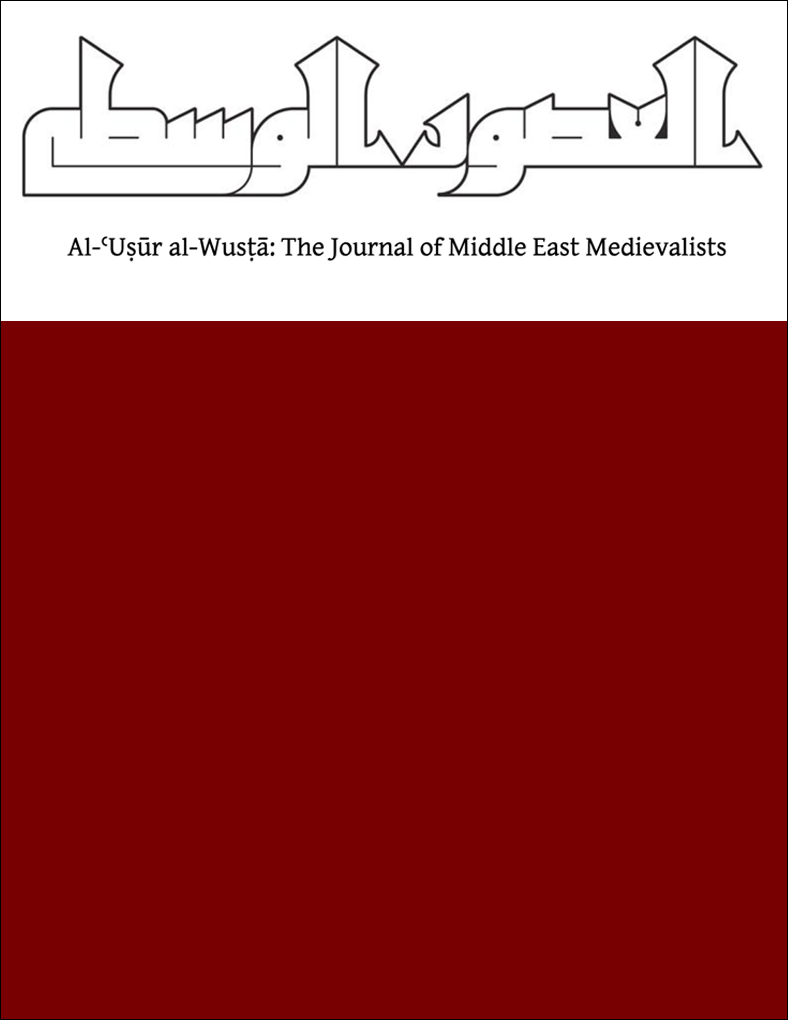Abstract
Bodies that are gendered and sexualized through the male gaze appear frequently in the study of classical Arabic poetry, but learned reading practices predetermine how these descriptions are interpreted. These reading practices, which students learn to this day, are connected to a reception tradition that emerged to suit the logics and investments of premodern Arabic anthologies. A critical intervention, this article begins by comparing the presentation of saliva metaphors in erotic poetry to other bodily and relational unmentioneds through a discussion of taste, tradition, and training. In the second half of the article, the reception of a famous teaching text by Bashshār b. Burd (d. 783) is juxtaposed with the pedagogically invested criticism of the Egyptian critic Mohamed al-Nowaihi (d. 1980), who confronted the poem on ethical and presentist terms.

This work is licensed under a Creative Commons Attribution-NonCommercial-NoDerivatives 4.0 International License.
Copyright (c) 2024 Adam Talib

